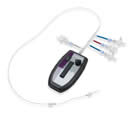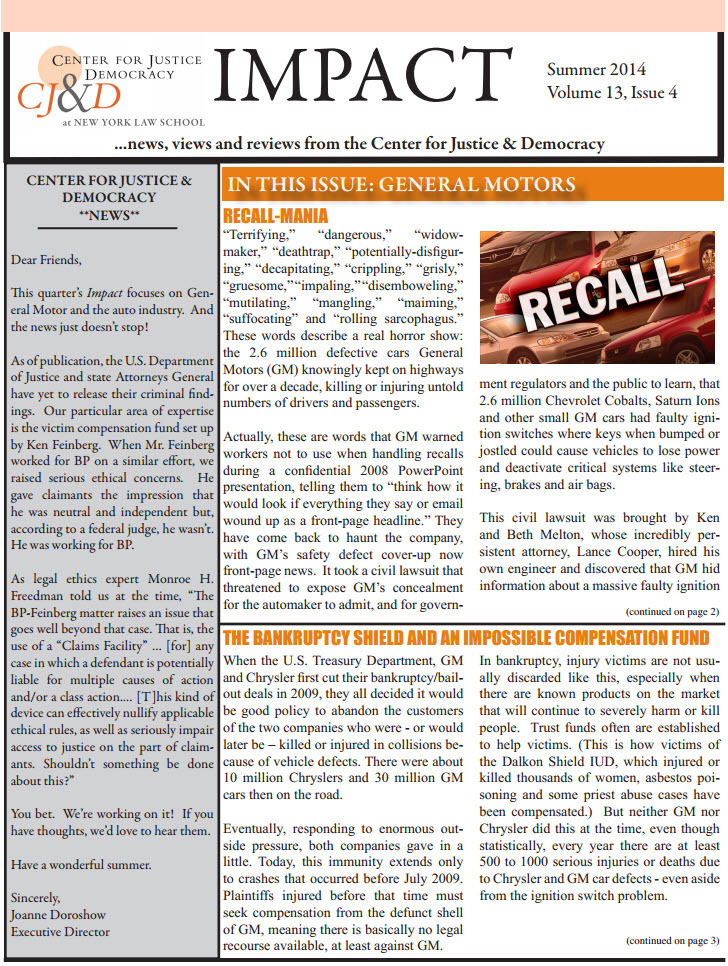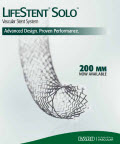A previous voluntary recalls of defective peripheral infusion systems manfactured by Covidien, a company recently aquired by Medtronic, has now been classified as a class I recall by the FDA
 In December, Covidien announced a voluntary recall of its Trellis-6™ and Trellis-8™ peripheral infusion systems after customers reported a manufacturing error where the proximal and distal balloon inflation ports were labeled incorrectly resulting in the potential for incorrect sequence of balloon deflation. An incorrect sequence of balloon deflation could potentially create blood clots that could travel downstream and go to the lungs and seriously injure the patient. Today Medtronic, that just acquired Covidien announced that the recall has now been classified as a class I recall by the FDA. Read more in the press release
In December, Covidien announced a voluntary recall of its Trellis-6™ and Trellis-8™ peripheral infusion systems after customers reported a manufacturing error where the proximal and distal balloon inflation ports were labeled incorrectly resulting in the potential for incorrect sequence of balloon deflation. An incorrect sequence of balloon deflation could potentially create blood clots that could travel downstream and go to the lungs and seriously injure the patient. Today Medtronic, that just acquired Covidien announced that the recall has now been classified as a class I recall by the FDA. Read more in the press release
 New York Personal Injury Attorneys Blog
New York Personal Injury Attorneys Blog



 The defective stents may cause serious
The defective stents may cause serious 